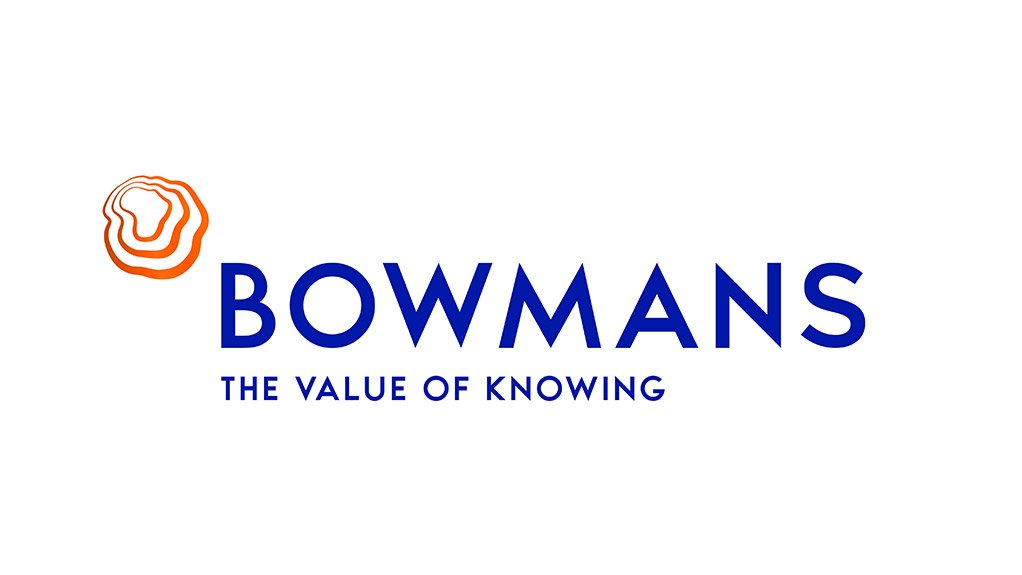It has been a week since the South African Minister of Health repealed regulations pertaining to, among other things, the wearing of face masks.
In the workplace, this has meant that employees are no longer required to wear face masks unless their employers require them to do so (as confirmed in the new Code of Good Practice: Managing Exposure to SARS-CoV-2 in the Workplace published on 24 June 2022).
While some employees have opted for the cautious approach and have kept their face masks on, others have been enjoying the ‘freedom’ of a mask-free environment. This has meant that some employees may be seeing the faces of their colleagues for the first time or may be confronted with changes in appearance that had been less noticeable behind face masks.
Under these conditions, it may be tempting – or even a natural response – to remark about a colleague’s appearance. Such remarks may be given with the intention to compliment or in a jocular manner. Be cautioned though, with ‘freedom’ comes responsibility. What you say may land you in a tight spot and could result in allegations of harassment against you.
On 18 March 2022, the Code of Good Practice on the Prevention and Elimination of Harassment in the Workplace (Code) came into effect. The Code defines what constitutes harassment and places an obligation on employers to take proactive steps to prevent and eliminate all forms of harassment in the workplace.
The Code defines harassment as unwanted conduct, which impairs dignity; creates a hostile or intimidating work environment for one or more employees or is calculated to, or has the effect of, inducing submissions by actual or threatened adverse consequences; and is related to one or more of the prohibited grounds of discrimination listed in section 6(1) of the Employment Equity Act, 55 of 1998.
Forms of harassment include, among others, sexual harassment and bullying. The harassment need not be physical. It can also be perpetrated verbally, through psychological conduct and through online technology.
What does this mean for employees and employers?
For employees, remarks or comments made to colleagues, depending on how they are received and the impact they have on the receiver, may be regarded as harassment.
Most people love receiving compliments and some compliments are given with innocent intentions. However, employees are warned not to cross the line of sexual harassment. Sexual harassment is defined in the Code as unwelcome conduct of a sexual nature, whether direct or indirect, that the perpetrator knows or ought to know is not welcome.
So, for example, a comment like ‘you look so sexy without that mask’ may leave a colleague feeling uncomfortable and may be unwanted. As another example, a comment like ‘you have been hiding such a beautiful smile’, in certain contexts, may also land you in hot water.
Similarly a Facebook post about a colleague ‘having aged since lockdown’ or remarks along the lines of ‘you looked much better with the mask on’ or ‘that mask hid more than your mouth’ etc, may constitute bullying under the Code if such comments are related to one or more of the listed grounds set out in section 6 (1) of the Employment Equity Act (EEA) or any other arbitrary ground.
Employers, on the other hand, are obliged to take positive steps including conducting an assessment of the risk of harassment to employees; creating and maintaining a working environment in which the dignity of employees is respected; adopting and implementing an appropriate policy addressing harassment in the workplace; conducting training to educate employees about the various forms of harassment; implementing ongoing awareness initiatives and programmes; and investigating allegations of harassment.
It is also important for both employers and employees to ensure that those employees who opt to continue wearing face masks are not treated differently as such treatment may amount to unfair discrimination in terms of the EEA.
Written by Sibusiso Dube, Partner, and Soraia Machado, Candidate Legal Practitioner, Bowmans, South Africa
EMAIL THIS ARTICLE SAVE THIS ARTICLE ARTICLE ENQUIRY
To subscribe email subscriptions@creamermedia.co.za or click here
To advertise email advertising@creamermedia.co.za or click here











